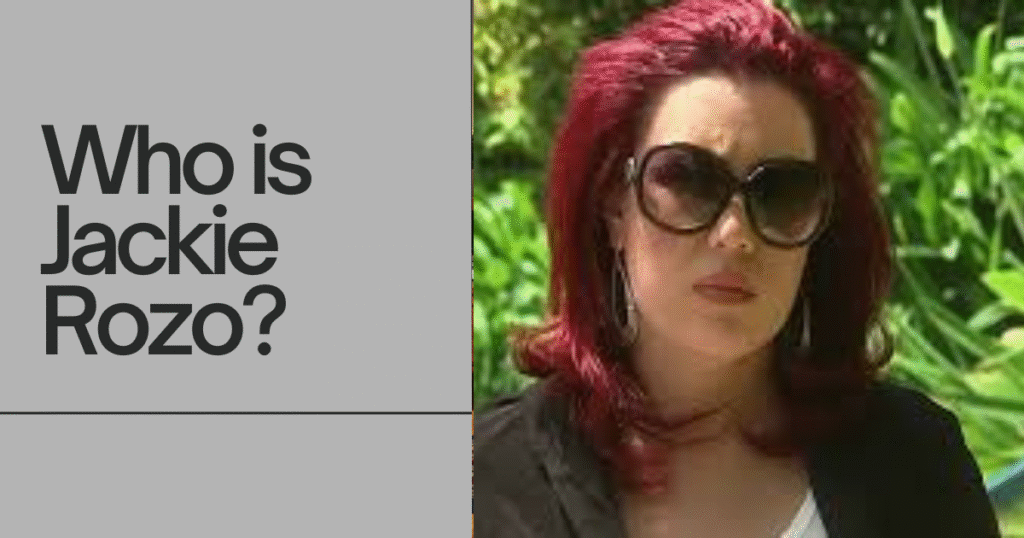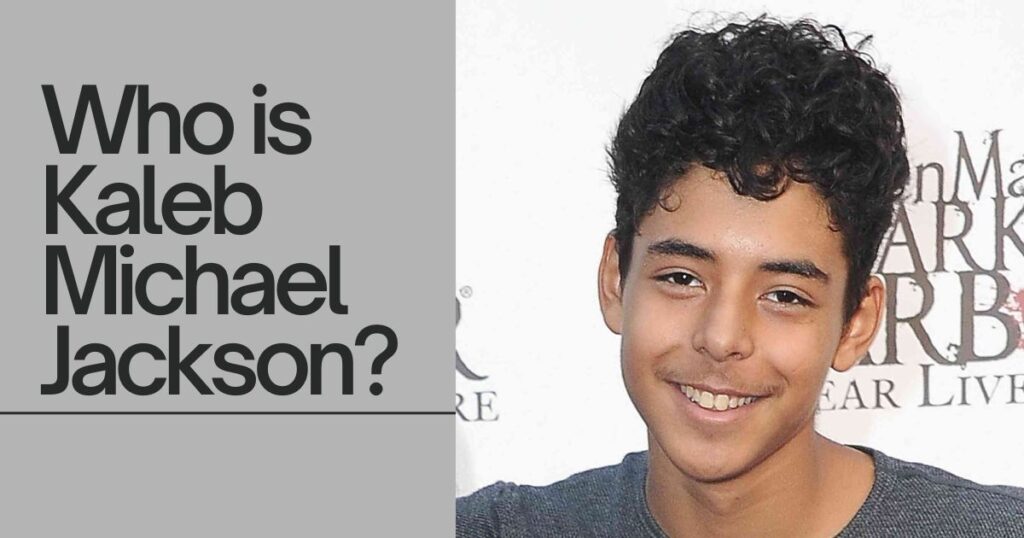
Most celebrity net worth articles paint glossy success stories. They show you the mansion, the cars, and the final number. What they don’t tell you is how close some stars came to losing everything—or why their streaming billions translate to almost nothing in actual paychecks.
Snoop Dogg’s accountant once told him to file for bankruptcy. The rapper with a billion streams earned just $45,000 from that achievement. Despite three decades of hits, bad business deals nearly wiped him out. Yet today, he’s worth $160 million and earning more from businesses than music ever paid him.
This isn’t another fluff piece celebrating wealth. You’ll learn exactly what went wrong with Snoop’s finances, how the music industry exploited him, and the specific pivot that rebuilt his empire from near-ruin.
Quick Answer: Snoop Dogg’s 2025 Net Worth
Snoop Dogg’s net worth stands at approximately $160 million in 2025, according to Celebrity Net Worth. His annual income ranges from $15-20 million, but only $5-7 million comes from music. The majority now flows from cannabis businesses ($3-5M), endorsements ($5-8M), and media appearances ($2-3M). He nearly filed bankruptcy in the mid-2000s due to bad record deals and poor business investments before pivoting to ownership-based wealth building.
The Near-Bankruptcy Nobody Talks About
Success stories rarely mention the valleys. But Snoop Dogg’s wealth didn’t follow a straight line from “Gin and Juice” to millions. There was a dark period when his accountant presented bankruptcy as the most logical option.
During an appearance on the Business Untitled podcast, Snoop revealed there were times in his career when financial problems became so severe that his accountant suggested filing for bankruptcy. He refused, letting pride override financial logic. That decision forced him to confront why his money kept disappearing despite constant work.
The problem wasn’t lack of income. It was bad business deals, poor investments, and the fundamental structure of music industry contracts. He was generating millions in revenue while taking home a fraction. Record labels owned his masters. Publishers controlled his royalties. Every middleman took their cut before Snoop saw a dollar.
These weren’t minor setbacks. They were systemic problems that drained wealth faster than fame could build it. Many artists in similar positions do file bankruptcy. Snoop’s refusal to take that path meant finding another solution—owning assets instead of just creating content.
The Streaming Revenue Scandal
Here’s something that should shock you: Snoop Dogg revealed he earned only $45,000 for generating one billion streams on Spotify. Read that again. One billion plays. Forty-five thousand dollars.
The math doesn’t add up until you understand how streaming royalties actually work. Publishing royalties get divided among all songwriters, split between music and lyric sides, separate from recording royalties that go to whoever owns the sound recording. When you don’t own your masters, you’re earning pennies on the dollar.
Most estimates suggest one billion streams should generate approximately $3 million in total revenue. But that money flows to multiple parties: the streaming platform takes its cut, the record label that owns the masters gets the largest share, publishers take their percentage, and finally, the artist receives whatever remains. For Snoop, that remainder was shockingly small.
This revelation explains why he became obsessed with ownership. If billion-stream songs barely move the needle on his bank account, the traditional music business model is fundamentally broken for artists. The only solution is controlling the assets that generate value.
His response was strategic. After buying Death Row Records in February 2022, Snoop removed the label’s music from streaming platforms and made it exclusively available in the metaverse, reportedly profiting $40 million from this move. That single decision earned him almost 1,000 times more than a billion streams.
How Bad Deals Nearly Destroyed His Wealth
Early record contracts are notorious for favoring labels over artists. Snoop signed with Death Row Records in 1992 when he was unknown and had zero negotiating power. Those contracts gave away rights that would haunt him for decades.
Standard record deals advance money to artists, then recoup every dollar before paying additional royalties. Marketing costs, production expenses, even music video budgets get charged against the artist’s account. Labels own the masters, meaning the actual recordings that generate income forever.
For Snoop, this meant his biggest hits—”Gin and Juice,” “What’s My Name,” the entire Doggystyle album—generated wealth primarily for Death Row and later owners. He earned touring money and publishing royalties, but the recording royalties that should have built generational wealth went elsewhere.
Bad investments amplified these problems. Like many young stars, Snoop spent freely on cars, jewelry, houses, and lifestyle expenses without understanding how quickly money disappears. He trusted the wrong advisors who steered him toward losing propositions. Every failed investment widened the gap between earnings and net worth.
The entertainment industry compounds these issues by creating irregular income. A huge year from touring or a hit album gets followed by slower periods. Without disciplined financial management, those peaks get spent before valleys arrive. His near-bankruptcy represented the culmination of years of structural exploitation and poor money management.
The Pivot: From Artist to Owner
Surviving financial crisis required completely reimagining how to build wealth. Snoop couldn’t change his old record deals, but he could ensure future income followed different rules.
The cannabis industry offered the perfect opportunity. When states began legalizing marijuana, Snoop launched Leafs by Snoop in 2015. More importantly, he founded Casa Verde Capital, a venture fund investing in cannabis startups. The fund now reportedly manages over $300 million in assets.
These weren’t endorsement deals. He owned stakes in the companies. When they succeeded, his net worth increased. When they went public or got acquired, he captured value. This shift from payment for work to ownership of assets changed everything.
His Death Row Records purchase in 2022 completed the transformation. Paying an estimated $50-75 million for the label that launched his career seemed emotional, but it was strategic. He gained control over the brand, intellectual property rights, and future revenue streams. More importantly, he could dictate how that content got distributed and monetized.
Modern media appearances reflect this ownership mentality. His 2024 Paris Olympics coverage reportedly paid $500,000 per day for 17 days—over $8 million total. The Just Eat commercial alone brought $6.8 million. These aren’t traditional record royalties. They’re brand licensing fees where Snoop owns the brand.
Breaking Down the Real Income Sources
Let’s get specific about where Snoop’s money actually comes from today. His $15-20 million annual income breaks down very differently than most people assume.
Music royalties and touring: $5-7 million yearly. This includes streaming (despite poor per-stream rates, volume still matters), publishing royalties, and concert revenue. It’s consistent but represents less than half his income.
Cannabis ventures: $3-5 million annually from Leafs by Snoop product sales and Casa Verde Capital returns. As legalization expands, this segment grows. His early positioning gives him first-mover advantages competitors lack.
Endorsements and brand deals: $5-8 million from partnerships with Corona, Skechers, BIC, Just Eat, and others. His crossover appeal lets him command premium rates. Brands pay for his authenticity and broad demographic reach.
Media appearances: $2-3 million from television roles (The Voice coaching in 2024), acting gigs, and special appearances like Olympics coverage. These opportunities multiply because he’s more than just a rapper—he’s a personality.
Notice the pattern? Music—the thing that made him famous—now generates the smallest portion of his income. The businesses and brand deals built on that fame generate far more. This inversion explains how he survived near-bankruptcy to rebuild an empire.
| Income Source | Annual Earnings | Percentage of Total |
| Music & Touring | $5-7 million | 30-35% |
| Cannabis Business | $3-5 million | 20-25% |
| Endorsements | $5-8 million | 30-40% |
| Media Appearances | $2-3 million | 10-15% |
Strategic Investments That Actually Worked
After learning expensive lessons from failed investments, Snoop got smarter about where he put money. His successful bets share common traits: early entry into growing markets with strong advisors guiding decisions.
Reddit investment happened before the platform became a social media giant. Robinhood backing came when it was disrupting traditional stock trading. Klarna received investment capital as buy-now-pay-later gained traction. These weren’t lucky guesses—they were calculated risks in emerging sectors.
He worked with venture capital advisors who understood tech trends. Rather than investing alone based on gut feeling, he partnered with experts who knew how to evaluate startups. This partnership model protected him from the mistakes that plagued his earlier career.
The Martha Stewart collaboration exemplifies his unconventional thinking. A rapper and a lifestyle maven seem mismatched. But their chemistry created profitable opportunities: a VH1 cooking show, product lines, and brand crossovers that accessed markets neither could reach alone. It demonstrated strategic thinking about audience expansion.
Real estate provides another wealth layer. His Diamond Bar mansion, purchased in 1998 for $720,000, now appraises at $2.5 million. A Malibu beach house adds an estimated $6 million more. Rental properties generate passive income while appreciating. These assets build equity independent of his entertainment career.
What the Net Worth Number Actually Means
Headlines scream “$160 million net worth” as if that’s cash sitting in bank accounts. Understanding what this number actually represents matters for anyone trying to learn from Snoop’s journey.
Net worth equals assets minus liabilities. His includes real estate value, business equity stakes, investment portfolio worth, intellectual property rights, and liquid cash. Most of that $160 million is tied up in illiquid assets that can’t immediately convert to spending money.
For example, his Casa Verde Capital stake might be worth tens of millions on paper, but selling requires finding buyers for venture capital fund interests—not a quick or simple transaction. His Death Row Records purchase represents $50-75 million in value, but only if someone would pay that to buy it from him.
This matters because net worth and income are completely different. Someone could have $160 million net worth but relatively modest annual income if assets don’t generate cash flow. Conversely, high earners with no assets might have impressive income but low net worth.
In Snoop’s case, he’s fortunate to have both: substantial net worth in appreciating assets plus $15-20 million yearly income. This combination provides security. If income drops, assets can be leveraged or sold. If asset values decline, income maintains lifestyle.
Lessons from Three Decades of Financial Evolution
Snoop Dogg’s money story teaches specific lessons that apply whether you’re building a music career or just trying to build wealth.
Own assets, don’t just earn income. The difference between earning $45,000 from a billion streams and $40 million from owning the content is ownership. Workers trade time for money. Owners multiply value through appreciation and leverage.
Bad deals are expensive education. Rather than hiding his near-bankruptcy, Snoop uses it as proof he learned hard lessons. He credits his financial success to the early losses that taught him how to become a better businessman. Mistakes cost money, but repeating them costs everything.
Diversification protects against industry disruption. When streaming destroyed traditional music economics, artists dependent solely on record sales suffered. Snoop’s diversified income sources protected him from any single industry shift.
Pride has financial consequences. His refusal to file bankruptcy wasn’t necessarily smart financially. Bankruptcy exists for good reasons. But his pride forced him to solve problems instead of resetting. That particular personality trait happened to work in his favor.
Advisors matter more than you think. The difference between failed investments and successful ones often comes down to who’s guiding your decisions. Snoop’s turnaround included finding better advisors and actually listening to them.
People Also Love to Read This: Who Is Brandy Quaid? The Untold Story of Hollywood’s Most Private Family Member
What’s Next for Snoop’s Empire
At 53, Snoop shows no signs of slowing down. His recent ventures indicate where he sees growth opportunities for the next decade.
Cannabis legalization continues expanding. As more states and countries legalize, his Casa Verde Capital investments position him to capture value. The industry still faces banking restrictions and federal legal uncertainty, but those barriers will eventually fall.
Media appearances will multiply. After The Voice coaching and Olympics coverage success, networks understand his broad appeal. Expect more hosting gigs, reality shows, and brand partnerships that leverage his personality beyond music.
Technology investments remain part of his strategy. He understands younger generations consume content differently. Gaming, crypto, NFTs, and metaverse projects all attracted his attention and capital. Some will fail, but he’s positioned to benefit from whatever succeeds.
The Death Row Records revival represents his legacy project. By modernizing the label and signing new artists, he’s building something that outlasts his performing career. This isn’t nostalgia—it’s building a business that his children might one day run.
The Bottom Line on Building Real Wealth
Snoop Dogg’s journey from near-bankruptcy to $160 million net worth proves talent alone doesn’t build empires. Smart business decisions, painful lessons from failures, and strategic pivots from earning to owning made the difference.
His streaming revenue scandal exposed how traditional music business models exploit artists. His response—buying the assets that generate value—shows the only reliable path to wealth is ownership. Workers get paid. Owners get rich.
The $160 million net worth in 2025 represents more than money. It’s proof that career resilience matters more than early success, that diversification protects against disruption, and that learning from expensive mistakes creates wisdom that compounds over time.
Next time you hear about a celebrity’s net worth, look deeper. Ask what they actually own versus what they earn. Check if their income depends on a single source or multiple streams. Understand whether they learned from failures or keep repeating them. Those details reveal whether the wealth is sustainable or temporary.
Snoop Dogg built something sustainable. And he did it by refusing to file bankruptcy when it seemed like the easy option, then completely reimagining how to build wealth in an industry designed to exploit him.
Frequently Asked Questions
How much does Snoop Dogg actually make from Spotify streams?
Snoop revealed he earned only $45,000 from one billion Spotify streams, far below the estimated $3 million total those streams generated. The discrepancy exists because record labels own his masters, taking the majority of streaming revenue before Snoop receives his artist royalty percentage. This is why he now focuses on owning his content rather than just creating it.
What percentage of Snoop Dogg’s income comes from music today?
Approximately 30-35% of Snoop’s annual income comes from music and touring ($5-7 million of his $15-20 million yearly earnings). The majority now flows from cannabis businesses, endorsement deals, and media appearances. This shift from music-dependent to diversified income sources protected him from streaming’s low payout rates and industry disruption.
Did Snoop Dogg really almost go bankrupt?
Yes, Snoop confirmed his accountant once advised him to file for bankruptcy during financial struggles in his career. Bad record deals that gave labels ownership of his masters, poor early investments, and excessive spending created severe cash flow problems despite his fame. His refusal to file bankruptcy forced him to find better solutions through business diversification and asset ownership.
People Also Love to Read This: Who Is Emad Alashmli from Henderson, NC? The Untold Story of a Small-Town Creator Making Big Waves
Author
-
Mark John is an experienced article publisher with a strong background in digital media, SEO writing, and content strategy. Skilled in creating engaging, well-researched, and reader-focused articles that drive traffic and build authority. Passionate about delivering high-quality content across diverse niches, maintaining editorial standards, and optimizing every piece for maximum reach and impact.









